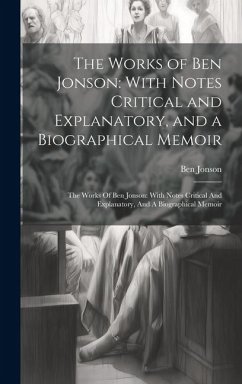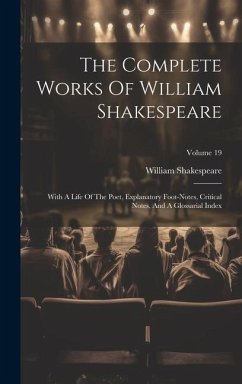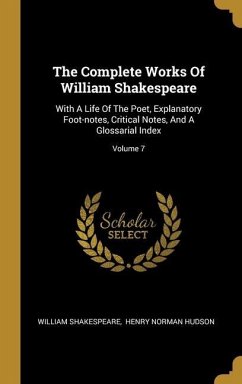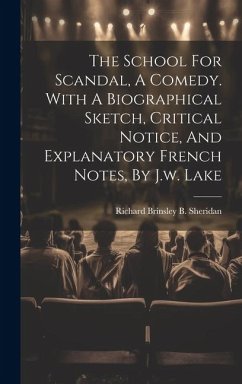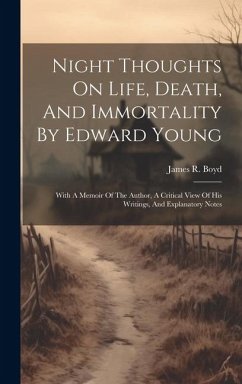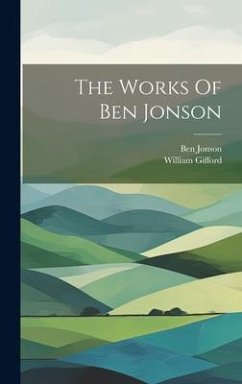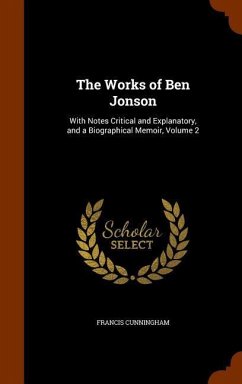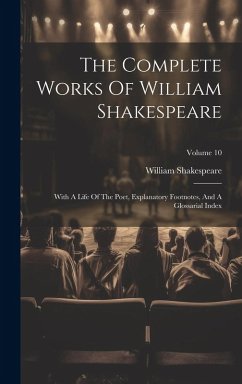
The Works of Ben Jonson with Notes, Critical and Explanatory and a Biographical Memoir Part One
Versandkostenfrei!
Versandfertig in 1-2 Wochen
46,99 €
inkl. MwSt.

PAYBACK Punkte
23 °P sammeln!
1873. Volume One of Three. Edited by Lt. Colonel Francis Cunningham. Dramatist, poet, scholar and writer of court masques, Ben Jonson was the leading literary figure during the reign of King James I. Jonson was known as an avid scholar of Latin and Greek, and his mastery of the classics, the high-spirited buoyancy of his plays and the brilliance of his language have earned him a reputation as one of the great playwrights in English literature. Jonson was appointed court poet in 1605, and became a writer of court masques-elaborate spectacles that involved music, dancing, and pageantry. Contents...
1873. Volume One of Three. Edited by Lt. Colonel Francis Cunningham. Dramatist, poet, scholar and writer of court masques, Ben Jonson was the leading literary figure during the reign of King James I. Jonson was known as an avid scholar of Latin and Greek, and his mastery of the classics, the high-spirited buoyancy of his plays and the brilliance of his language have earned him a reputation as one of the great playwrights in English literature. Jonson was appointed court poet in 1605, and became a writer of court masques-elaborate spectacles that involved music, dancing, and pageantry. Contents of the First Volume: Dedication; Memoirs of Jonson; Proofs of Jonson's Malignity; Characters of Jonson; Ancient Commendatory Verses; Every Man in His Humour; Every Man Out of His Humour; Cynthia's Revels; or, The Fountain of Self-Love; The Poetaster; or, His Arraignment; Sejanus, His Fall; Volpone; or, The Fox; and Epiccene; or, The Silent Woman. See other titles by this author available from Kessinger Publishing. Other volumes in this set are ISBN(s): 1417944684, 1417944692.





